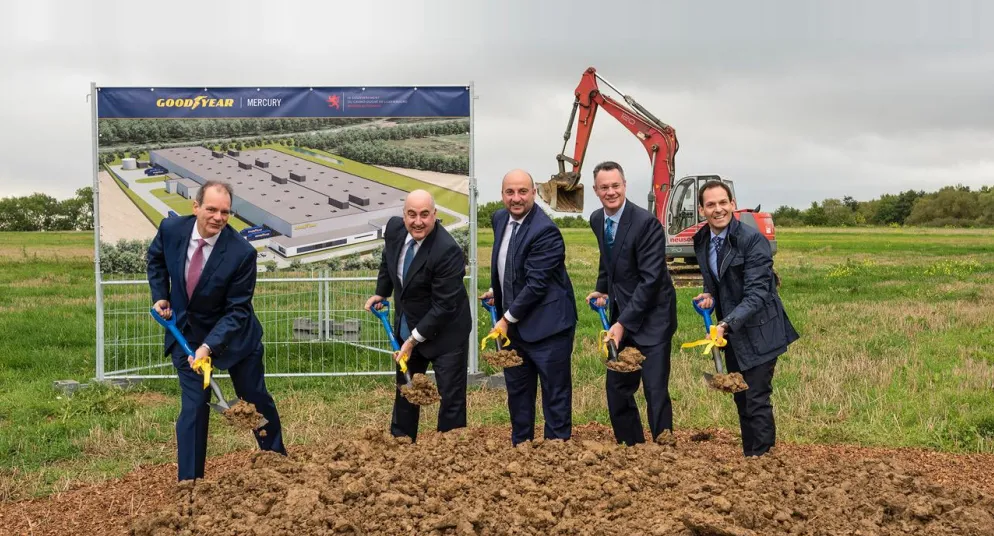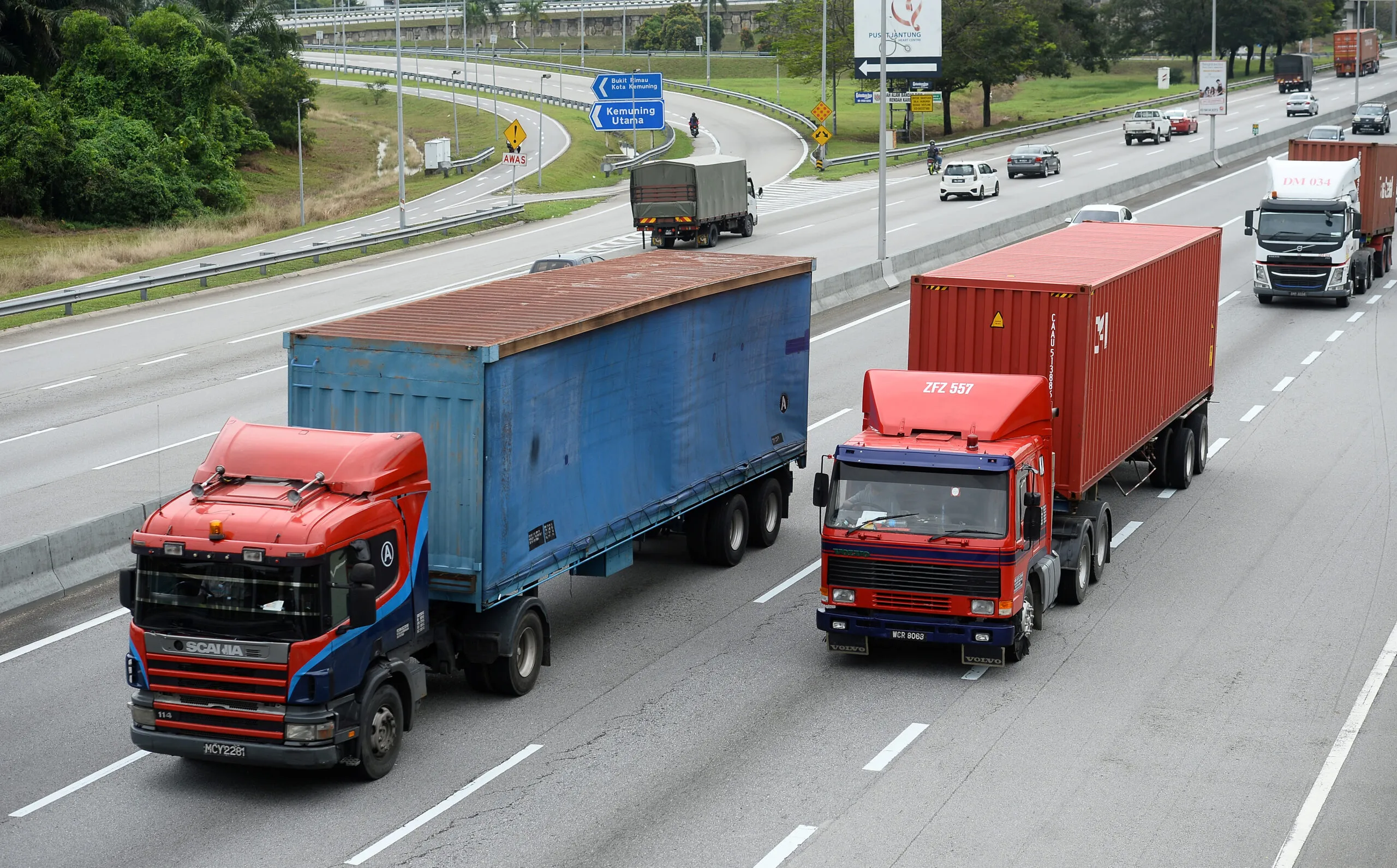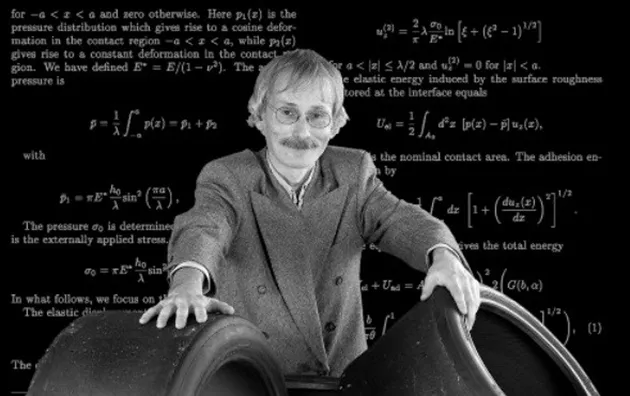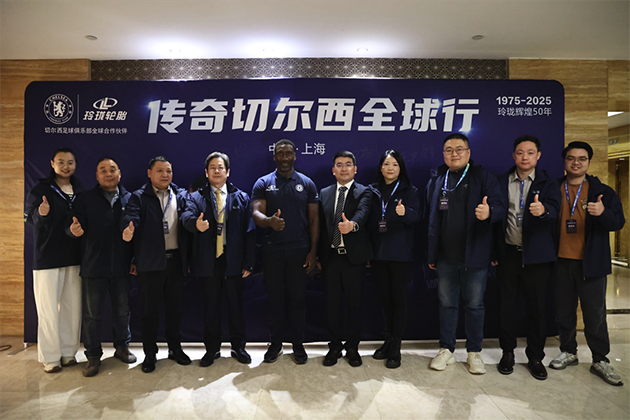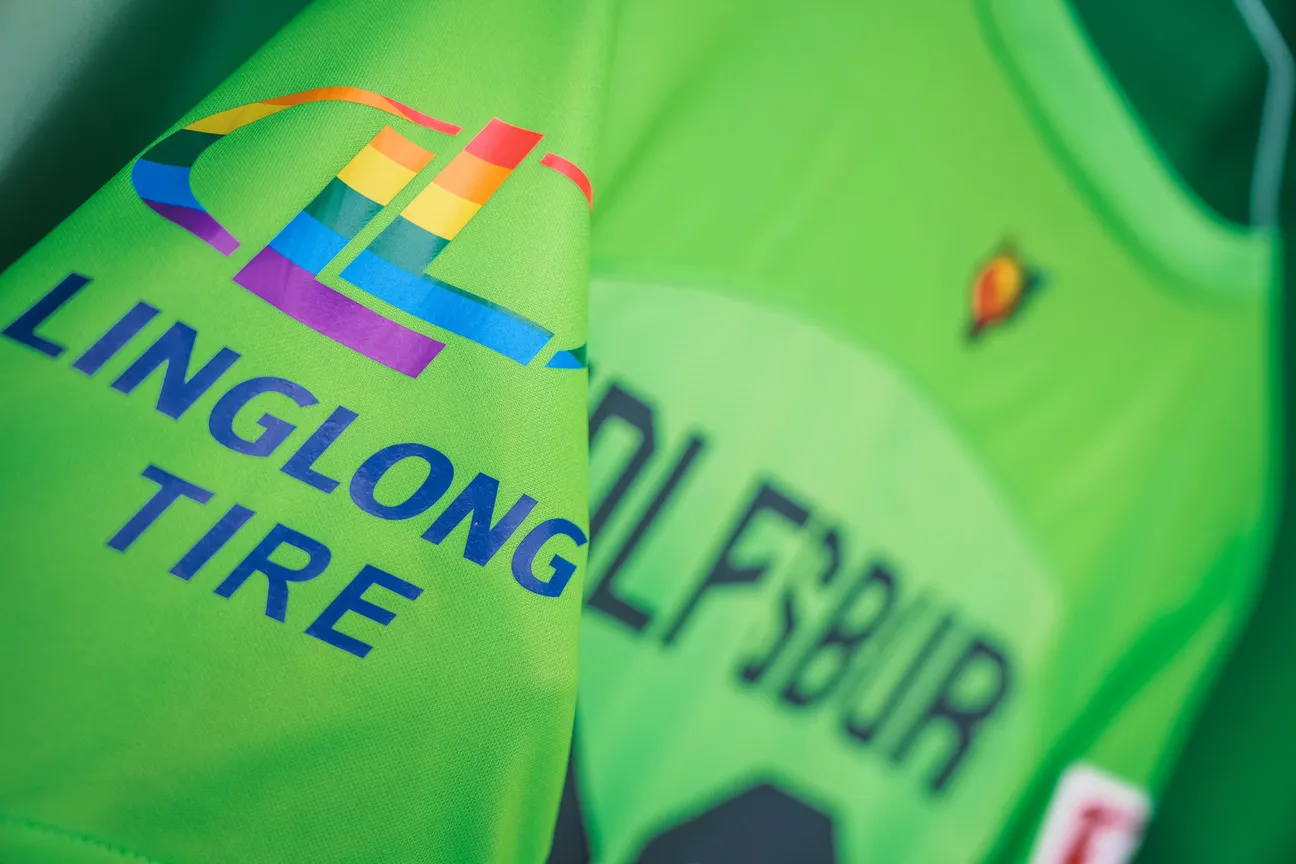Advancing its connected-business model, The Goodyear Tire & Rubber Company recently announced plans to create a new facility in Luxembourg that utilises an innovative production process to meet growing customer and consumer demand for premium tyres.
Goodyear Advances Connected-Business Model with Automated Tyre Facility
Named Mercury, the proprietary process features highly-automated, interconnected workstations, using additive manufacturing technologies to efficiently produce premium tyres in small-batch quantities on-demand for replacement and original equipment customers.
Goodyear Chairman, Chief Executive Officer and President Richard J. Kramer announced Mercury and the company’s plans at the groundbreaking event for the facility.
“Mercury addresses the increasing complexity in the tyre industry as the number of vehicle models and options available to consumers continues to proliferate,” said Kramer. “It gives us the capability to increase our speed and flexibility to meet the growing demand for small volumes of high-margin, premium Goodyear tyres and to deliver them to customers on demand, faster than ever.
“Mercury will advance our connected-business model, which aligns all of our assets – from the production floor to consumers who choose Goodyear online and at retail,” he added. “It will complement our existing high-volume facilities and give us a true competitive advantage.”
The new facility, set to open in 2019, is in close proximity to Goodyear’s Luxembourg innovation centre and tyre proving grounds. The company is investing US$77 million in the facility, which will produce about 500,000 tyres annually and create approximately 70 new, full-time positions.
The technology used in the Mercury production process was developed and tested over the past five years at Goodyear’s innovation and development centres. The name Mercury is a reference to the mythical god of trade and travel, which inspired the creation of Goodyear’s winged foot logo by company founder Frank A. Seiberling.

